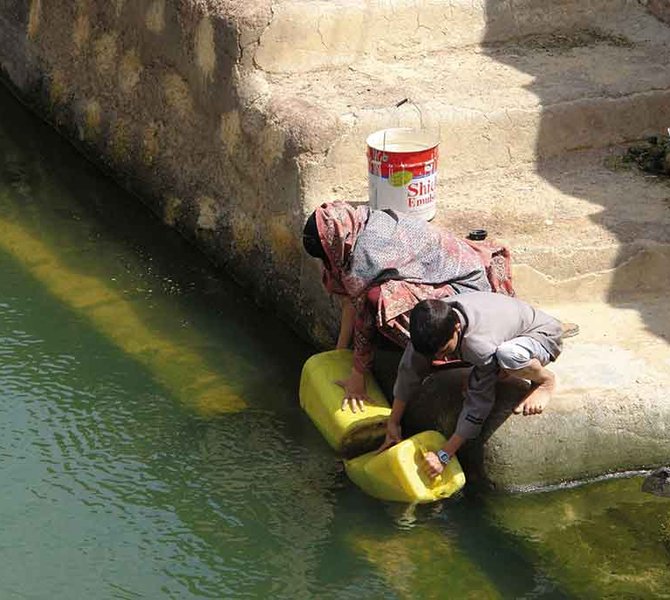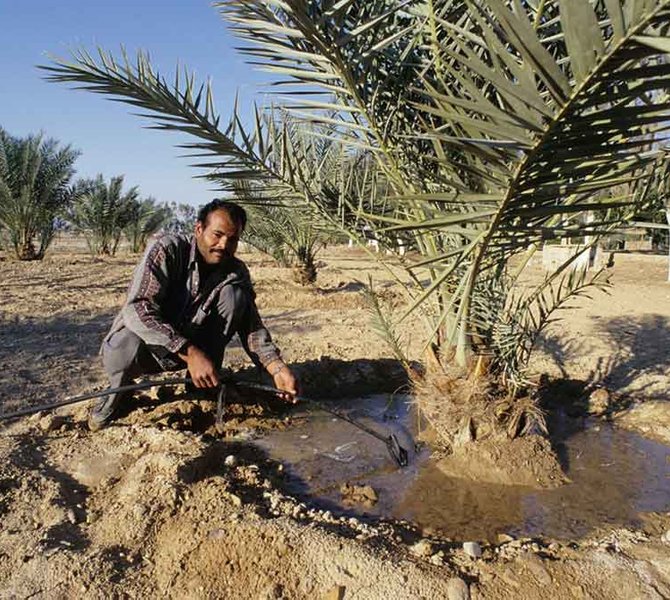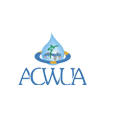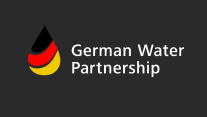Cases
Creating a public-private German-Arab Water Sector Network
Summary
Many countries in the Middle East suffer from inadequate water supply, a serious situation which can be greatly improved by including the knowledge and technology of German private-sector companies. The immediate need for awareness building was recognized and a Stakeholder Dialogue has been put in place in order to foster cooperation. The process was started and immediately gained support from prospective participants including German and Arab industry and trade associations, leading to the creation of the German Arab Water Sector Network in 2011.
Situation
Project Background
Many countries in the Middle East and North African (MENA) region suffer from increasingly inadequate water supplies. The consequences of climate change - including drought - together with infrastructure issues - such as leaking and inefficient pumps - has led to a high degree of water loss that seriously threatens supplies. Any improvement on this situation could have a potentially large impact.
Stakeholders
Fostering cooperation between MENA public water utilities and German private sector companies offers a promising solution. Yet despite its excellent reputation, German technology and management knowhow is not yet being used to its full potential in Arab countries. This is mostly due to a lack of awareness about its potential uses and benefits and inadequate information on the products and services available. Insufficient adaptation of German products and their comparatively high prices are also holding back business in the region. The Deutsche Gesellschaft für Internationale Zusammenarbeit (GIZ) and the German Water Partnership have proven that cooperation between the private and public sectors in a so-called PPP (Public-Private Partnership) is a valuable tool for improving the quality and efficiency of public service infrastructure while reducing pressure on public budgets. So in 2010 they aimed at strengthening development-oriented cooperation between the German private sector and Arab public sector utilities on water programmes in Egypt and Jordan. The goal was to improve efficiency in MENA water and sewage infrastructure using German private sector products and services.
Approach
Phase 1: Exploring & Engaging
GIZ successfully employs Stakeholder Dialogues for enhancing cooperation between participants wishing to conduct a joint initiative or project that requires continuous consultation and the ongoing exchange of skills and knowledge. Supported by the Collective Leadership Institute, the GIZ advisory service - Capacity Development for Partnerships with the Private Sector (CDP) – facilitated Stakeholder Dialogues between the German and Arab water sectors. The ultimate aim was to enable local partners to establish and manage partnerships with the private sector more efficiently themselves. The CDP began by conducting a Phase 1 stakeholder and context analysis to examine expectations and concerns among potential stakeholders. A number of partners were interviewed, including representatives of the German private sector, Arab water utilities, German Chambers of Commerce and German Development Cooperation. They immediately expressed their overwhelming support and confirmed the need for such a network. Establishing this level of initial resonance helped to jumpstart the dialogue process.
Phase 2: Building and Formalizing
The German Arab Water Sector Network was launched at its first stakeholder workshop in July 2011. A follow-up workshop in November 2011 further consolidated matters (Phase 2). As well as water utilities and water technology firms, the network’s members include development organizations, chambers of commerce, business and trade associations, research institutions, engineering and consulting companies. As a consequence of the engagement process members of the network still come together regularly to discuss recent topics and challenges in the water sector. The last meeting took place during the Arab Water Week in January 2013, another meeting is envisioned for the end of 2013.
Phase 3: Implementing and Evaluation
Good relationship management and the participative approach used to engage multiple stakeholders in setting up the network helped to create a strong climate of trust. Trust is an important success factor for dialogue between key players from different social and professional cultures. It meant early members were eager to involve themselves in joint activities, ensuring the network quickly gained wider interest and importance.
Phase 4: Developing further, replicating or institutionalizing
One very concrete success of the networking activities over the last years is the approval of a European Union funded project (ENTIRE) focussing on strengthening the water sector network in the MENA region that will be implemented by the network members beginning from September 2013 until September 2015.
Transformation
Change initiative
n/a
Results
Integrated water resource management has been improved in the region. Knowledge transfer has been one of the key issues that has contributed to a betterment of watter supply.
Comments
-
That's what which is going on right now in our country (Afghanistan), but thanks from KFW, GIZ and other respective donors who sre contributing in resolving of such problematic and technical issues with us...!
-
Thanks Abdul, I share your enthusiasm that donors such as KFW and GIZ recognize the importance of Stakeholder Dialogues. All the best for the implementation and I hope you enjoy our Tailor-made course in India!







2 Comments